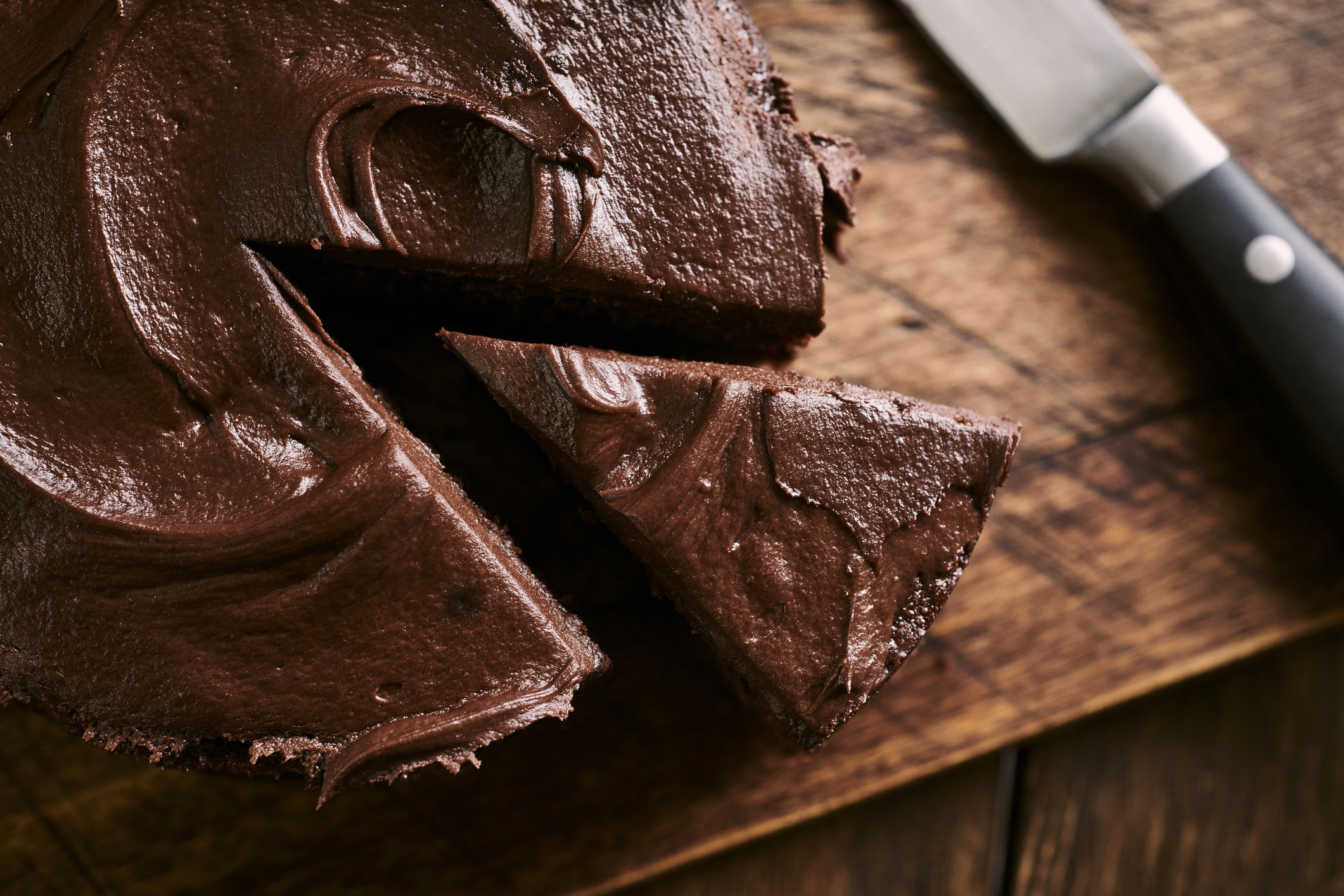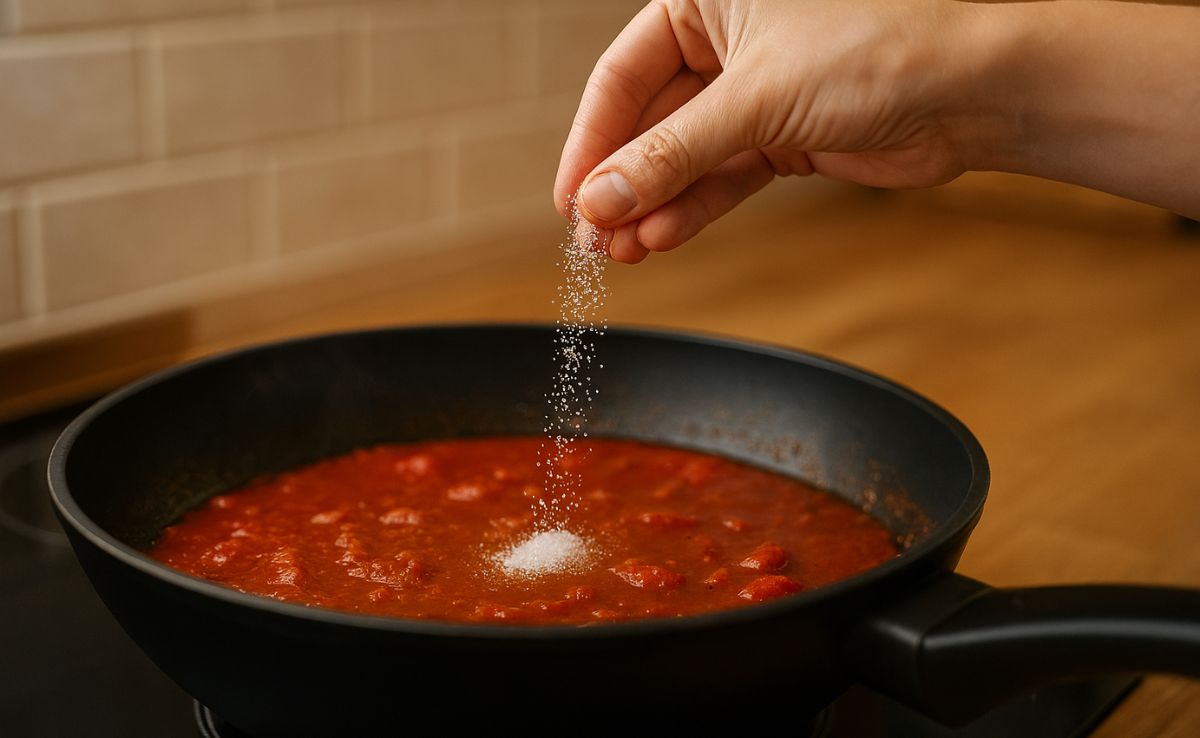Weight Loss: Planning to shed those extra kilos? Are you searching for a simple and effective healthy food chart to follow? Is the abundance of weight loss advice on the internet leaving you bewildered? Fret not, we've got you covered. Remember, a healthy weight loss journey is a sustainable process that requires time, patience, and unwavering dedication. In fact, the age-old saying "slow and steady wins the race" holds true when it comes to achieving your desired weight goals. Instead of being too hard on yourself, experts recommend maintaining a balanced diet to ensure overall nourishment. But what exactly is a balanced diet? According to consultant nutritionist Rupali Datta, it is defined as maintaining a healthy food chart that fulfills all the nutritional requirements of your body. In this article, we will highlight some effortless strategies to help you create a healthy food chart and bid farewell to those unwanted love handles. Keep reading.
Does Nutrition Impact Weight Loss? Is There A Connection Between Nutrition And Weight?
It's no secret that the number of calories you consume and drink daily directly affects your weight. If you burn the same amount of calories that you consume, your body weight will remain stable. However, if you consume more calories than your body burns, your weight goes up. Conversely, if you consume fewer calories, your weight goes down, but you may suffer from nutritional deficiencies and associated health risks. Therefore, a report by the Harvard School of Public Health emphasizes the importance of understanding your body's dietary needs and planning your healthy food chart accordingly to maximize the nutrients consumed over time.
How Much Of Each Nutrient Is Needed For Effective Weight Loss?
Our bodies require a balanced combination of various macro and micronutrients to function properly and maintain a healthy weight. However, the required amount of nutrients may vary from person to person. Rupali Datta explains, "Nutritional requirements are determined by a person's age, sex, body weight, and physiological status. While adults need nutrients to ensure optimal body functions, infants and children need nutrients for growth." Interestingly, children need nutrients in two to three times the amount per kilogram of body weight compared to adults. "On the other hand, pregnancy and lactation require different amounts of nutrients to support proper fetal growth while avoiding the risks of obesity."
Therefore, it's always recommended to consult with experts and customize a healthy food chart with the right amount of nutrients according to your body type.
Also Read: Is Honey Better Than Sugar For Weight Loss In Diabetes Diet? Busting Some Myths

Photo Credit: iStock
Which Nutrients Are Ideal For A Weight Loss Diet? What Nutrients Help Burn Belly Fat?
Although nutrient requirements vary from person to person, a report from the Harvard School of Public Health states that "specific food choices can provide essential nutrients and effectively aid in weight management." Interestingly, foods that support weight management also help reduce the risk of heart disease, diabetes, and other chronic illnesses. Conversely, foods and beverages that contribute to weight gain, such as refined grains and sugary drinks, also contribute to chronic diseases, according to the report. So, without further ado, let's explore some smart strategies for incorporating essential nutrients into your weight-loss diet.
Weight Loss: 5 Essential Elements To Include In Your Healthy Food Chart
1. Swear by fruits and vegetables:
"Eating your greens" is perhaps the first step in creating a healthy food chart. Fruits and vegetables are packed with fibre, protein, antioxidants, minerals, and vitamins that promote smooth bodily functions. Incorporating greens into your diet helps keep you hydrated and detoxed, and boosts metabolism, facilitating the effortless burning of calories you consume daily. You can find a variety of fruits and vegetables throughout the year to add diversity and nutritional goodness to your meals.
2. Make healthy meat choices:
Meat is an excellent source of protein, one of the three essential macronutrients that support your overall health and vitality. However, it's essential to consider the type of meat you consume. While chicken is a good source of protein with fewer carbs, red meat can add excess cholesterol to your body, leading to health problems. While we're not suggesting you give up red meat entirely, experts recommend moderating its consumption and choosing chicken as a healthier alternative.
3. Choose Whole Grains:
Whole grains have fewer calories compared to refined grains like white bread or maida. A study published in the journal Nutrient found that whole grains increase calorie loss by reducing the number of calories retained during digestion while simultaneously boosting metabolism. Discover some of the best whole-grain options for weight loss here.
4. Stay Hydrated:
If you ask any nutritionist for weight loss tips, the first piece of advice will likely be to ensure you're drinking enough water. Have you ever wondered why? It's because water helps keep your body hydrated, promotes blood and oxygen flow in your cells, and efficiently flushes out toxins. These factors, in turn, support digestion and metabolism, leading to healthy weight loss. Learn more about the importance of staying hydrated and how many glasses of water your body needs each day here.
5. Harness the Power of Probiotics:
To put it simply, yogurt, buttermilk, lassi, kanji, and fermented rice-based foods like dosa and idli are some of the best probiotic options you'll find. Probiotics, as explained by WebMD, promote the growth of beneficial bacteria in your gut and aid in breaking down nutrients to extract energy from food. This, in turn, helps boost metabolism, facilitating healthy weight loss.
Also Read: Still Struggling To Lose Belly Fat? Ditch These Foods First!

Photo Credit: iStock
Now that you have these smart tips at your disposal, incorporate them into your healthy food chart and effectively shed those extra pounds. In the meantime, here are some nutritious recipes to enhance your weight-loss diet.
Disclaimer: This content including advice provides generic information only. It is in no way a substitute for qualified medical opinion. Always consult a specialist or your own doctor for more information. NDTV does not claim responsibility for this information.
Disclaimer: This is promoted content with links from our affiliate partnerships. We get a share of the revenue from your purchase.
About Somdatta SahaExplorer- this is what Somdatta likes to call herself. Be it in terms of food, people or places, all she craves for is to know the unknown. A simple aglio olio pasta or daal-chawal and a good movie can make her day.








